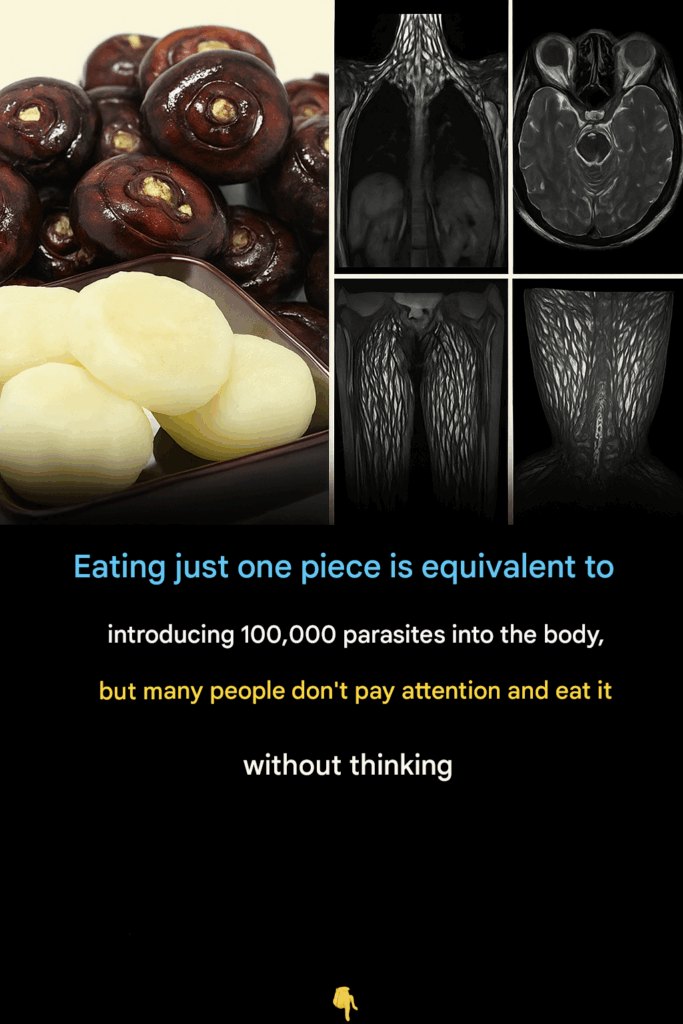Foodborne parasites pose a significant food safety risk. These microscopic organisms, including amoebas, nematodes, hookworms, and tapeworms, can cause numerous health problems once introduced into the human body. Symptoms of parasitic infections can include digestive upset, gastrointestinal infections, anemia, and colitis. Although parasites are often invisible to the naked eye and odorless, they can be eliminated through good hygiene and proper cooking. To protect yourself and your loved ones, it’s important to know which foods may contain harmful parasites. This article lists common foods to watch out for to prevent parasite-related health risks.
Common foods at risk of parasitic infections
Undercooked meat (pork, beef, and fish)
Raw or undercooked meat, including pork, beef, and fish, can contain parasites such as tapeworms and roundworms. These parasites are transmitted when the meat has not reached the proper internal temperature. For example, undercooked pork can contain the Trichinella parasite, which causes trichinellosis, and fish can contain the Anisakis nematode, which causes anisakiasis. These parasites can cause serious health problems, so it is essential to cook meat thoroughly.
Raw or Undercooked Mussels and Other
Bivalves Bivalves (oysters, clams, and rapani) are filter-feeding organisms that accumulate parasites from polluted waters. They can carry trematodes (flatworms) that infect humans. Consuming raw or undercooked bivalves significantly increases the risk of ingesting these parasites and can lead to long-term health consequences.
Unwashed fruits and vegetables
Fresh produce that is not properly washed or peeled can carry parasites such as Toxoplasma gondii (which causes toxoplasmosis) and Giardia (which causes giardiasis). The soil in which fruits and vegetables are grown may be contaminated, and improper handling during transport or at the market can lead to contamination. Proper washing is essential to reduce the risk of infection.
Unpasteurized Dairy Products
Raw milk, cheese, and yogurt can contain dangerous parasites such as Cryptosporidium and Giardia. These parasites are resistant to common cleaning and disinfection methods, making raw dairy products a significant risk. Pasteurization kills harmful microorganisms and makes the products safer to consume.
